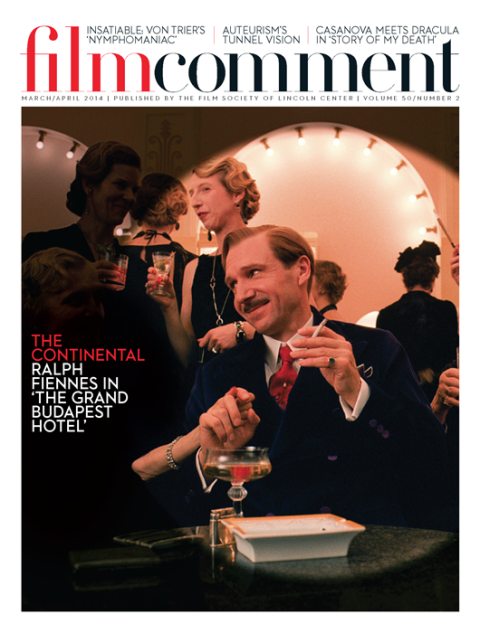
Returning after a five-year absence, Hong Kong’s box-office-busting comedic auteur, Stephen Chow (best known in the U.S. for 2004’s Kung Fu Hustle), breaks even more records with Journey to the West, a frenetic fantasy flick that he directed but in which he doesn’t so much as make a cameo appearance. His big-screen absence didn’t dampen audience enthusiasm: the film has taken in $200 million in China, spawned a 173-acre amusement park, and has a sequel in the works. Moreover, the story of this 110-minute movie (subtitled Conquering the Demons internationally) serves as a mere prequel to the 100-chapter Chinese classic, meaning that Chow might spend the rest of his life shooting future installments, which isn’t necessarily a bad thing.
Written in the Ming Dynasty (about 1592), Journey to the West is one of the four great classics of Chinese literature, and it’s long been a standard source for movies. The legendary epic covers the journey of Tripitaka, a monk sent by the Buddha to retrieve precious sutras from India, escorted by the Monkey King, Pigsy, and the water-dwelling Sha Wujing, all demons drafted for bodyguard duty to atone for their sins. It was initially filmed in 1927, became the first animated Chinese feature, Princess Iron Fan, in 1941, then spawned a four-part adaptation from Shaw Brothers in the late Sixties, two Japanese features, six Chinese television series, and four Japanese television shows. Chow first tangled with Journey to the West back in 1995 when he played the Monkey King in Jeff Lau’s two-part Chinese Odyssey and, amid all the slapshtick, Wong Kar Wai parodies, and time travel, managed to turn in a comic performance that had real tragic weight.
Now a director, Chow ups the stakes and makes what might be his most emotionally compelling movie yet, which is saying something for a film that features all-you-can-eat cannibal buffets, terrible sexy dancing, a demon hunter named Prince Handsome, a kung-fu master with one enormous foot, and a blood-squib gag that just won’t quit. Grubby demon hunter Xuanzang (Wen Zhang, who played Jet Li’s autistic son in Ocean Heaven) is a wan hipster in a filthy robe who believes that he can defeat demons with love. He’s almost immediately upstaged by the arrival of Miss Duan (Shu Qi), a demon hunter with real kung-fu skills, whose “Infinite Flying Ring” makes short work of a fish demon in an ever-snowballing setpiece that unfolds across a labyrinthine fishing village right out of Robert Altman’s Popeye.

The two meet cute later while battling a pig demon named KL Hog, and Miss Duan falls for the scruffy Xuanzang, who dismisses her earthly kisses as a distraction from his path toward spiritual enlightenment. It’s not until Xuanzang turns to the imprisoned Monkey King (played by Mainland comedian Huang Bo) for advice on how to defeat KL Hog that Chow’s subtle narrative strategy shows its hand.
Often accused of shooting great scenes but self-indulgent movies, Chow uses those expectations to trip up the audience. For two-thirds of its running time, Journey to the West feels like little more than a series of shaggy-dog setpieces. But as Xuanzang is tricked into releasing the vengeful Monkey King, the story snaps into focus and becomes the tragic backstory that explains how gormless, hopeless, struggling Xuanzang became the enlightened monk Tripitaka, and how the Monkey King became both his greatest enemy and humblest student. Spoiler alert: it’s not for nothing that Buddhism teaches that life is suffering.
Crammed with so much CGI it occasionally feels like a video-game cutscene, Journey is kept tethered to reality by its emotional heft and by Chow’s deeply felt depictions of cruelty and mercy. A kung fu comedy, a Chinese fairy story, a Buddhist action movie, a prequel to a mega-series that makes James Cameron’s ambitions look puny, Chow’s Journey to the West is everything that is good about China’s mega-blockbuster inclinations.








